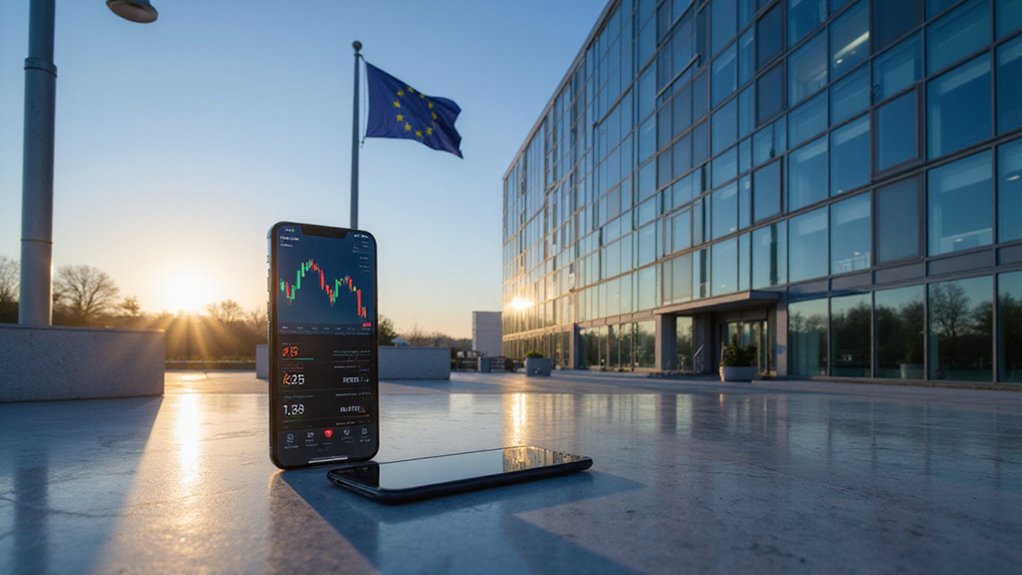A peculiar migration has emerged in the global cryptocurrency landscape, where digital asset millionaires are trading traditional financial havens for the sun-soaked emirates of the UAE. This exodus represents more than mere tax optimization—it signals a fundamental shift in how crypto wealth seeks legitimacy and operational freedom.
The mathematical elegance of UAE’s tax structure proves irresistible: zero personal income tax, complete capital gains exemptions on crypto investments, and (as of November 2024) no VAT on cryptocurrency transactions. For millionaires whose portfolios swing millions daily, these savings compound exponentially.
Why endure California’s punitive rates or navigate Switzerland’s increasingly complex compliance requirements when Dubai offers comparable sophistication without the fiscal burden?
Beyond tax arbitrage lies regulatory clarity that established financial centers still struggle to provide. The UAE’s multi-agency framework—encompassing the Central Bank of UAE, Securities and Commodities Authority, Virtual Assets Regulatory Authority, and Abu Dhabi Global Market—creates thorough oversight that paradoxically liberates rather than constrains.
Comprehensive regulatory oversight that liberates rather than constrains—the UAE’s paradoxical approach to crypto governance that established financial centers cannot match.
CBUAE’s Payment Token Services Regulation permits only dirham-backed stablecoins while banning algorithmic variants, establishing stability that traditional regulators promised but rarely delivered.
VARA’s Dubai-based free zone licensing offers something revolutionary: defined pathways for exchanges, custodians, token issuers, and market makers to operate legitimately. This regulatory architecture transforms crypto millionaires from financial pariahs into recognized participants in a sophisticated ecosystem.
Geographic positioning amplifies these advantages considerably. Situated between Asia, Europe, and Africa, the UAE provides unparalleled access to global crypto markets across multiple time zones. The UAE’s remarkable dominance becomes evident when considering that 27.67% of population now owns virtual assets, establishing it as the global leader in crypto adoption.
The fintech infrastructure rivals Singapore or London, while offering operational flexibility those jurisdictions increasingly restrict.
However, this paradise demands substantial commitment. Multi-agency compliance creates labyrinthine requirements that necessitate expert legal counsel—expenses that smaller operators find prohibitive. Given the complexity of this evolving regulatory landscape, many crypto millionaires find themselves requiring agile legal solutions to navigate the intricate compliance requirements effectively.
Licensing costs and ongoing compliance reporting represent significant operational overhead, while inconsistencies between different emirates can generate unexpected complications.
The enhanced AML and counter-terrorist financing standards, though promoting legitimacy, require meticulous documentation and ongoing transparency that some crypto millionaires initially sought to avoid. Additionally, those managing substantial crypto portfolios often invest in hardware wallets like Ledger Stax to secure their holdings, as storing significant assets in software wallets poses considerable risks.
Yet for those willing to embrace regulatory partnership rather than circumvention, the UAE offers unprecedented opportunity to legitimize crypto wealth within a framework that actually grasps digital assets.








